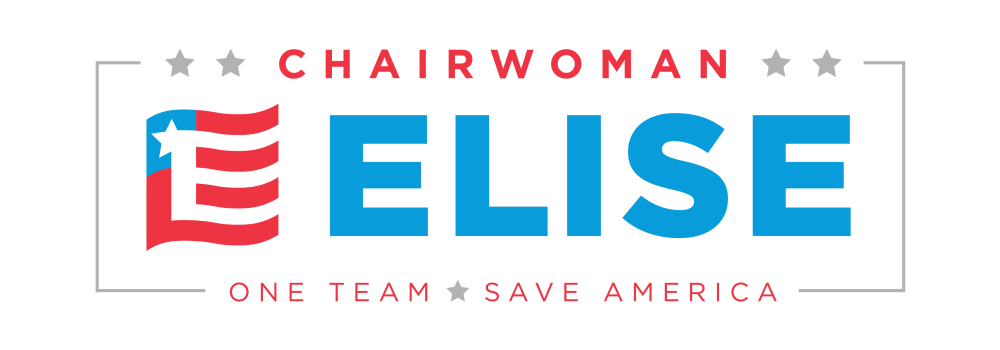Written by Peter Crowley in the Adirondack Daily Enterprise on June 13, 2020
News that U.S. and Canadian officials are leaning toward extending the closure of their border to “non-essential” travel through the end of July drew worried comments from North Country officials.
Canadian tourism is massively important to the northern New York economy, especially in the summer season. James McKenna, head of the Regional Office of Sustainable Tourism based in Lake Placid, commented on that Thursday.
“The impact of Canadian leisure travel on the Adirondacks is significant,” he said. “Many businesses report that 20% of their visitors are from Canada. We must prepare for a summer that will be quite different than what we are accustomed to.”
Reuters news agency reported this week that Canada and the U.S. expect to extend the closure of their shared border until late July, citing three anonymous sources who said that while the governments had not yet made a final decision, “a further extension was highly likely.” The closure, which began in March, is currently scheduled to expire June 21.
U.S. Rep. Elise Stefanik, R-Schuylerville, who represents northern New York in Congress, penned a letter along with Rep. Brian Higgins, D-Buffalo, to the U.S. Department of Homeland Security and the Canadian minister of public safety on Friday, asking for “nuanced and particularized guidance” for when and how to reopen the border. They said the current “one-size-fits-all approach … has the impact of keeping communities apart.”
Stefanik and Higgins are co-chairs of the House of Representatives Northern Border Caucus.
“There must be bi-national coordination to develop a plan to safely allow for reasonable travel taking into account public health considerations but acknowledging our unique interconnected economies,” they wrote.
Garry Douglass, head of the North Country Chamber of Commerce in Plattsburgh, called Stefanik and Higgins’ letter a “strong statement.” In a prepared statement Friday, he mourned the extended border closure in a more emotional vein.
“The current interruption of personal travel across our shared border is profoundly sad,” Douglas wrote. “It is increasingly tearing at a unique and special social fabric, and the longer it continues the more we will be at risk of having normalized the extremely abnormal.
“The limitation of travel in the face of the pandemic has been understandable, but the process of periodic extensions to date seems driven by fear and feelings, and calls out for enunciation of a process instead based on facts with a clearer commitment to finding ways to eventual normalcy. That could involve metrics and possibly agreed phases, all in recognition that enormous economic and, most importantly, social damage is now being done.”
Earlier this week, Canada announced that it would loosen restrictions to let in people reuniting with spouses, parents and dependent children, but they have to be under quarantine for 14 days after entering Canada.
The border closure does not block what is considered “essential travel,” which includes trade, medical travel, people going to work or educational institutions they attend, people returning to their home countries, emergency response crews and military.
You can read the full article at https://www.adirondackdailyenterprise.com/





